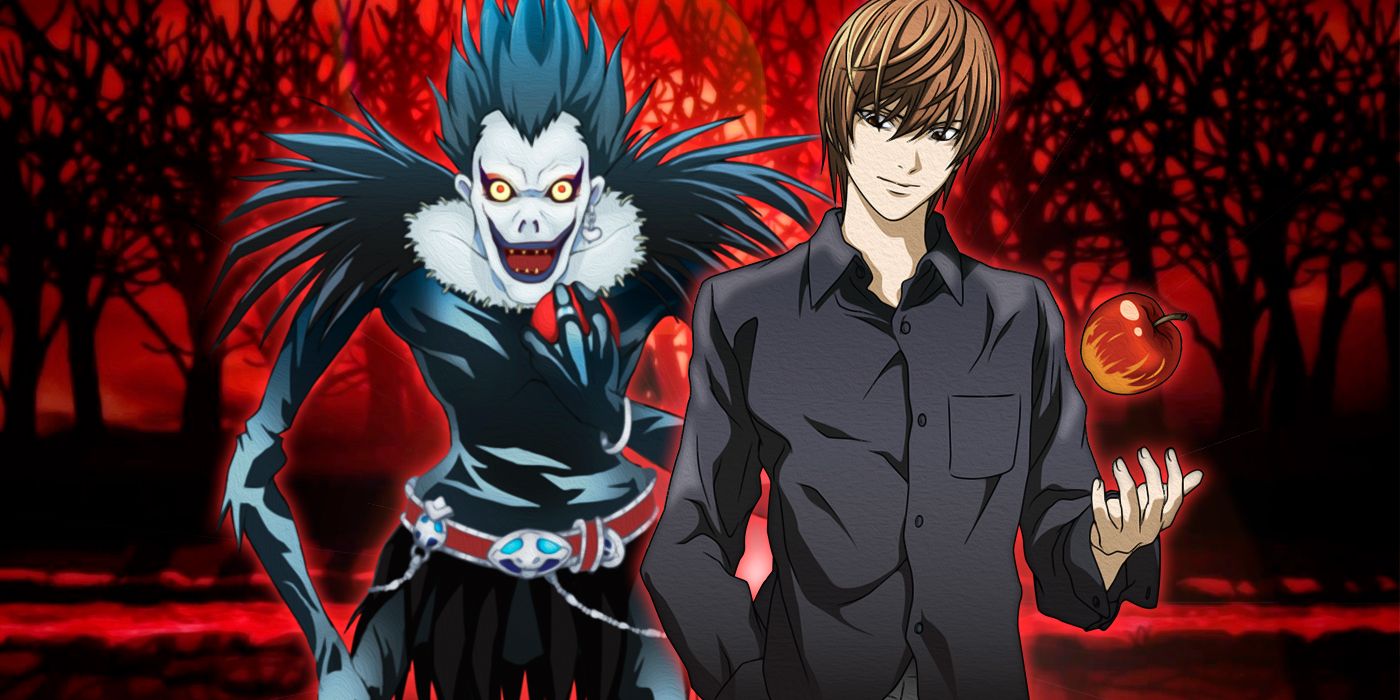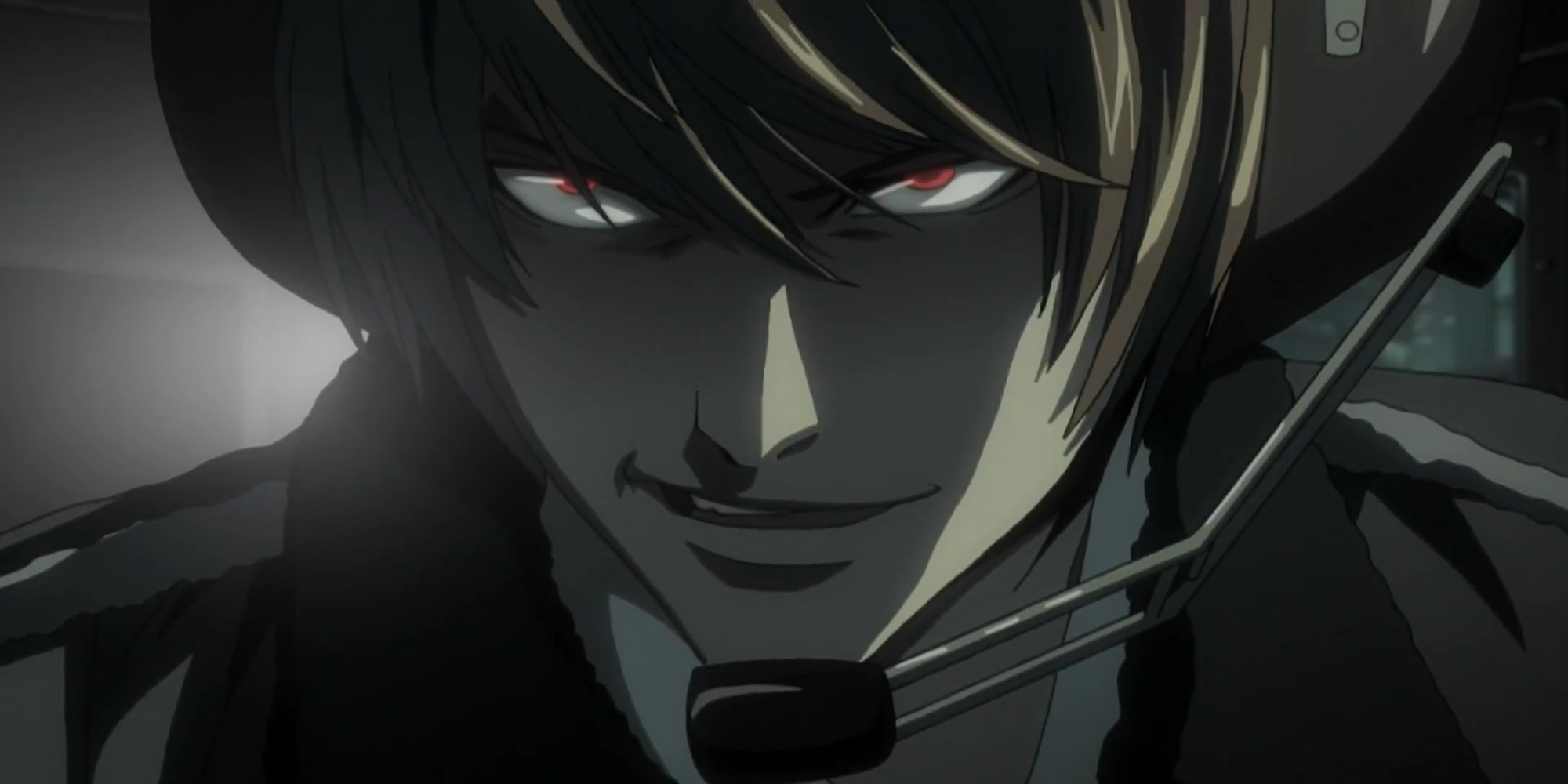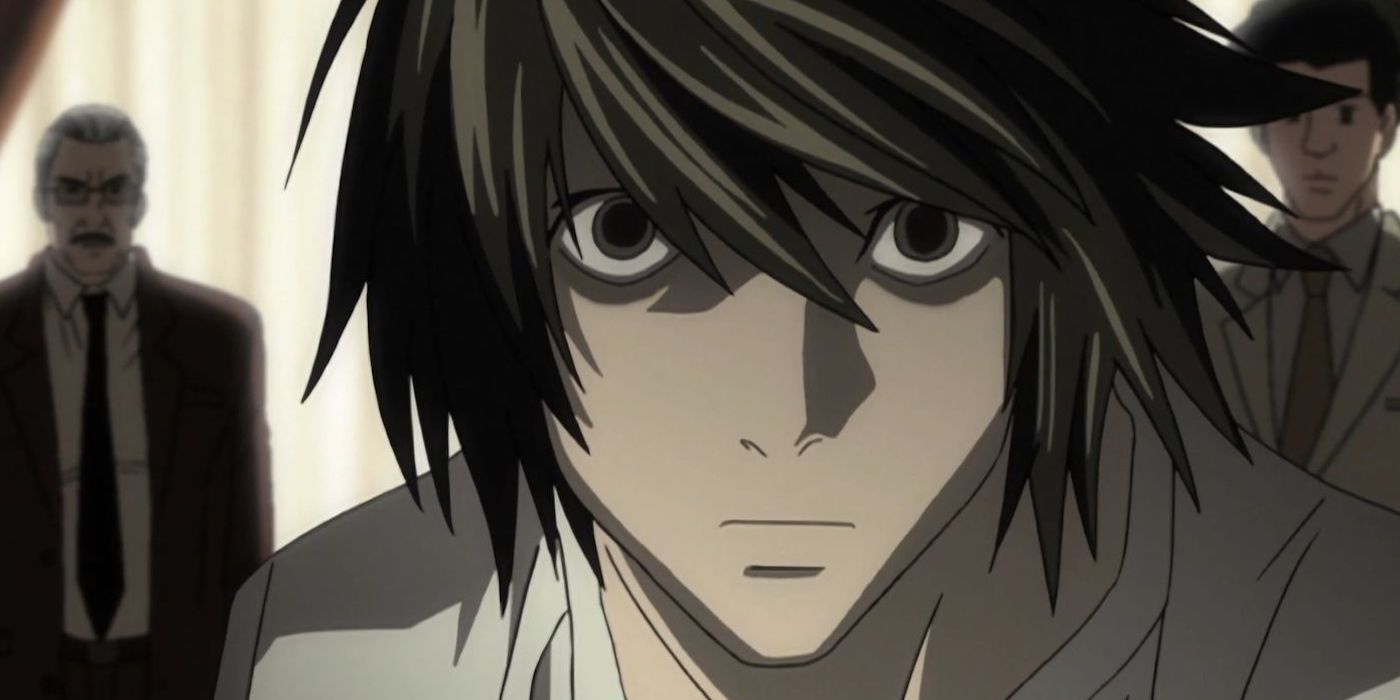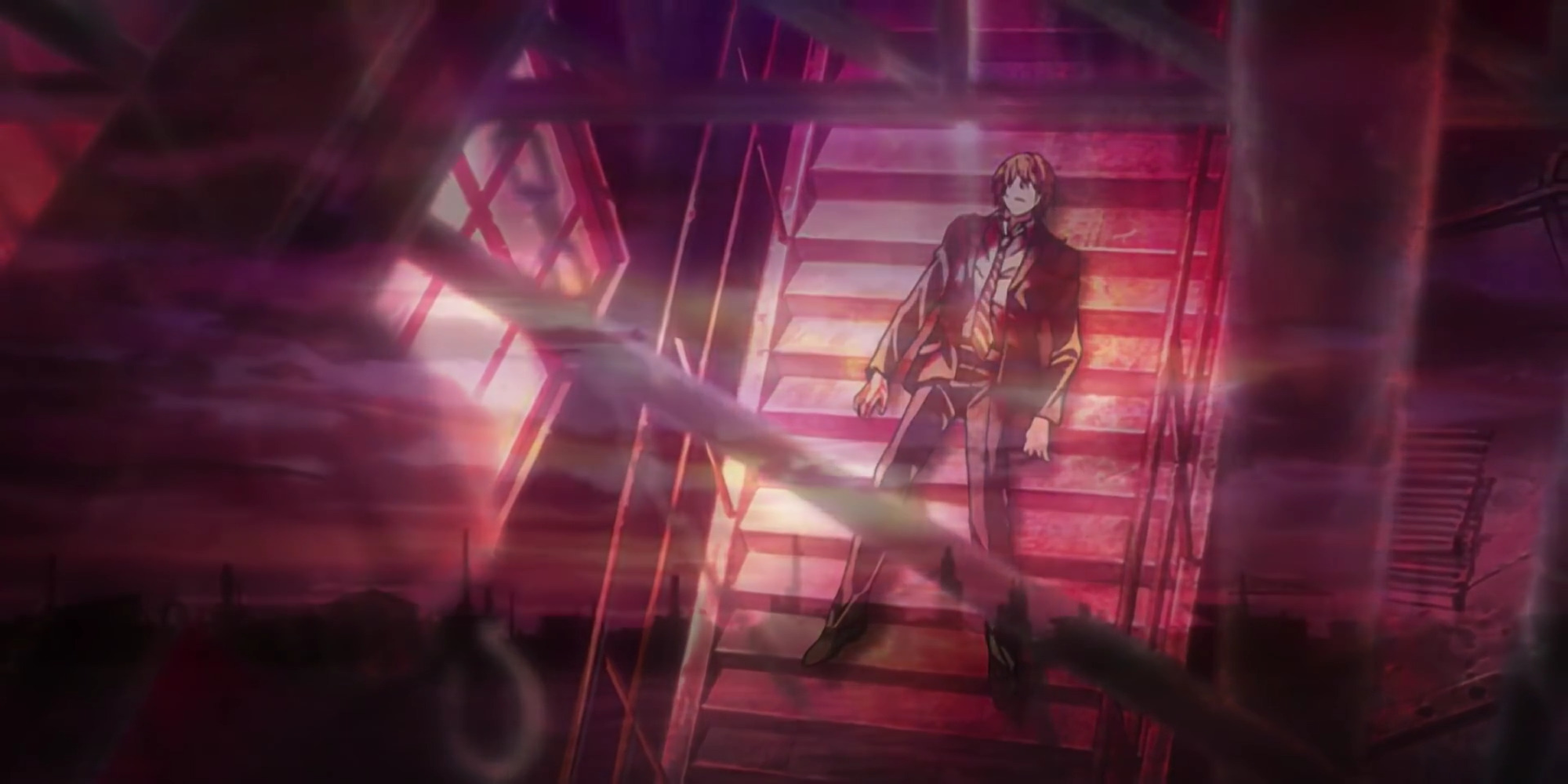The supernatural detective thriller Death Note has sparked much debate over its themes of justice and morality. Through its many versions, audiences have pondered its main question: “What is justice?” Anti-hero high schooler Light Yagami uses the Death Note to deliver what he views as divine, righteous judgment to wicked criminals, taking the legal system into his own hands. His foil, the detective known only as “L,” believes justice is the ultimate end-goal, to the point where he becomes lax on the legality of certain investigative tactics.
Though often interpreted as “morally ambiguous” by fans and critics, Death Note actually provides an answer in the end. The anime concludes with Light being shot by police, sending a clear message that his extremist views are wrong. Though this answer isn’t always obvious with the show encouraging viewers to root for Light, his demise in the final moments speaks volumes to its central moral conundrum.
Death Note follows Light as he uses the notebook placed in the human world by the shinigami Ryuk. As a top student and son of the police chief, Light quickly discovers the notebook’s powers and deems himself the “God of a new world.” He tells Ryuk he is “cleaning up” the world by “passing righteous judgement on the wicked.” Light thus becomes “Kira,” anonymously murdering criminals. Ryuk only comments that “humans are so interesting,” suggesting an amorality to Light’s actions that audiences should slowly accept.
There are numerous instances of the narrative sympathizing with Light. Misa worships Kira and does anything he asks; prosecutor Mikami kills for Kira and calls him “God”; Sakura TV’s Demegawa hosts the broadcast “Kira’s Kingdom.” Doubt lingers in L’s Kira Task Force as well. For example, Matsuda -- a policeman and surrogate for the audience -- asks his fellow officers, “Do you guys ever think that maybe Kira isn’t completely evil? … I think that Kira’s trying to fight evil and change the world in his own way, and well … the world has become a good place for people who live honest lives.” Though the other detectives are critical of him for asking this question, Matsuda ponders what many viewers do as Death Note progresses. Yes, Light’s a killer, but his methods seem to deliver the ideal results.
Even L, Light’s main foe, wavers on his guilt. L himself is a bit hypocritical – he crosses moral lines throughout the investigation, putting surveillance cameras in private household bathrooms and locking Light, Misa, and Soichiro up for over a month to eliminate them as suspects. These methods fail, causing him to waver on his conclusions. One rainy night, L dries Light’s feet, apologizing and saying he is “atoning for [his] sins” of believing Light is Kira. This scene is one of many religious images -- along with choral music, stained glass, and an adaptation of “The Creation of Adam” that features Ryuk handing Light an apple -- symbolizing his original sin of using the notebook. Each instance places Light in a Christ-like position, making it more difficult for both L and Death Note fans to contradict him.
Yet despite these ambiguities, the anime still chooses a side. Though L has doubts and uses questionable tactics, his notion of justice never changes. During the famous Kanto-region TV broadcast, L pokes holes in Light’s philosophy (through his mouthpiece Lind L. Taylor): if Kira wants a crime-free world, then he needs to include murder, which makes him the only criminal left. L’s successor Near later agrees, calling Light “just a crazy serial killer.” Light himself doesn’t inherently disagree either: once on the Kira Task Force, hiding in plain sight, he says, “If Kira gets caught, that makes him evil, but if he wins and rules the world, then I guess he’s justice.” Of course, Light believes this statement will come true, and that he is justice.
Light’s statement is the main conflict of Death Note, which it eventually resolves when the truth is revealed and Matsuda shoots him. Despite every preceding event, the police officer catches the serial killer. Even Ryuk, the show’s most amoral character, “convicts” Light. In the very beginning, Ryuk tells Light that, since he has used the notebook, Ryuk will have to follow the Death Note’s rules and end Light’s life when the time comes. In the series' final moments, Ryuk seals Light’s fate by writing his name in his own notebook, finishing what Matsuda began by shooting Light. While audiences and critics focus on the plot’s vagueness when it comes to big questions like “What makes a just world,” in this final scene, Matsuda and Ryuk’s actions speak for the show and its viewers – extreme ideology and violence are not the right way to handle crime and injustice.




